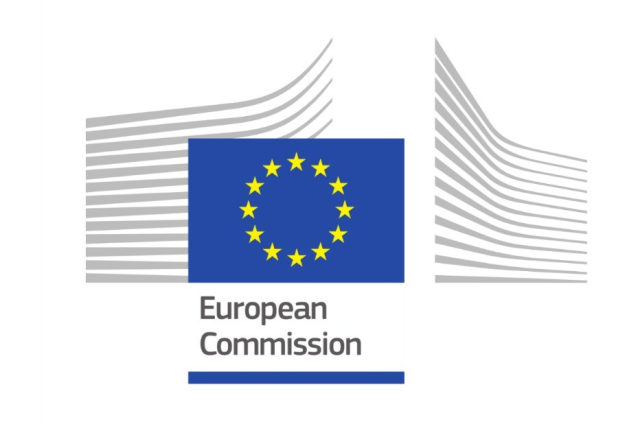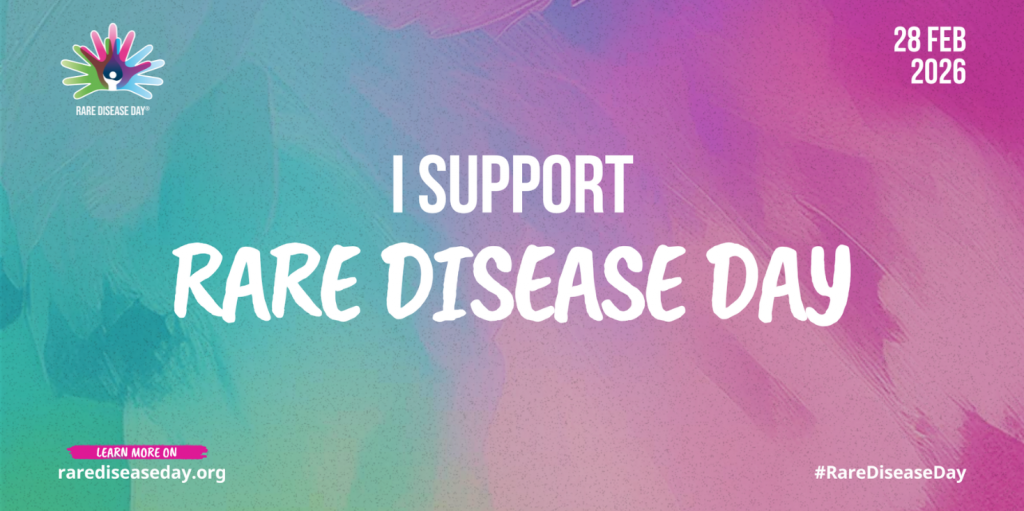The European Commission adopted a legislative proposal for a new European Social Fund Plus (ESF+) Programme in May 2018, based on the proposed Multiannual Financial Framework for the period 2021-2027. It will serve as the EU’s main financial instrument guiding investment in people and implementation of the European Pillar of Social Rights, including health policies.
The health aspects of the ESF+ Programme will facilitate synergies with other EU instruments that provide financing to health-related projects. The ESF+ Programme merges existing funds and programmes including:
- The European Social Fund (ESF) and the Youth Employment Initiative (YEI)
- The Fund for European Aid to the Most Deprived (FEAD)
- The Employment and Social Innovation (EaSI) programme
- The Health Programme.
ESF+ Programme financing will focus on three main strands:
- The first covers the (ex-) ESF and basic material assistance to the most deprived people
- The second will cover initiatives promoting employment and social innovation (EaSI)
- The third covers initiatives aiming at preventing health risks and promoting public health.
Will there be a specific health programme in the new EU budget?
The new Multi-Annual Financial Framework has a strong health dimension: health policies will be funded both through dedicated funding (strand within the ESF+) as well as across other key financial instruments.
Financing for health-related activities will be available through the social fund as well as through research, digital market, regional and cohesion funds, and other support mechanisms increasing the impact of health policies.
Why is health a part of the ESF+?
The strand of the ESF+ Programme on health will support public health policies to fulfil the objective of ensuring a high level of health protection in the Union. It is also expected to complement other ESF+ actions, in addressing the health challenges identified in the European Semester.
Integrating health in ESF+ will lead to new and stronger synergies with the other building blocks of the European Pillar of Social rights.
The health strand of the ESF+ programme aims to support and complement national efforts to achieve, for example, the following objectives:
- Strengthen crisis-preparedness and response in the EU to protect citizens against cross-border health threats
- Strengthen health systems, by supporting the digital transformation of health and care, the development of a sustainable EU health information system and the national reform processes for more effective, accessible and resilient health systems addressing, in particular, the challenges identified in the European Semester
- Support EU legislation on public health (medicines, HTA, tobacco, cross-border care)
- Support integrated work: implementation of best practices to support structural innovation in public health (e.g. ERNs, HTA and implementation of best practices in health promotion health, disease prevention and management).
Funding allocated to health under the ESF+
ESF+ Programme specifically includes € 413 million for the Health strand.
The new architecture of ESF+ will not only preserve a specific health strand, but will also support the integration of health in other related policies and the coordination between complementary health-related lines.
Health policies funded through other financial instruments
To boost the impact of the EU budget in health policies, other EU financial instruments (i.e. the European Regional Development Fund, Horizon Europe, Digital Europe, InvestEU Fund, Connecting Europe Facility, etc) will also tackle public health priorities.
Main beneficiaries for health funding in the new ESF+ Programme
Potential candidates for funding are national health authorities, as well as public and private bodies, international organisations and non-governmental organisations with a general interest in health at EU level and which support the programme’s specific objectives.
The ESF+ strand budget will provide funding through all means foreseen under the new Financial Regulation (grants, procurement).
Next steps
The Council must unanimously agree on the future long-term EU budget and legislative proposal, with the consent of the European Parliament.
The Commission has already declared that it will do everything in its power to facilitate a swift agreement. An agreement should be reached before the European Parliament elections and Sibiu summit of 9 May 2019.
For more information
- European Social Fund+ (ESF+)
- Press release: EU budget: A new Social Fund, Globalisation Adjustment Fund and Justice, Rights and Values Fund
- Questions and Answers on the new Social Fund and Globalisation Adjustment Fund for the period 2021-2027
- ESF+ legal text and factsheet
- Health factsheet
Source: https://ec.europa.eu/health/funding/future_health_budget_en





